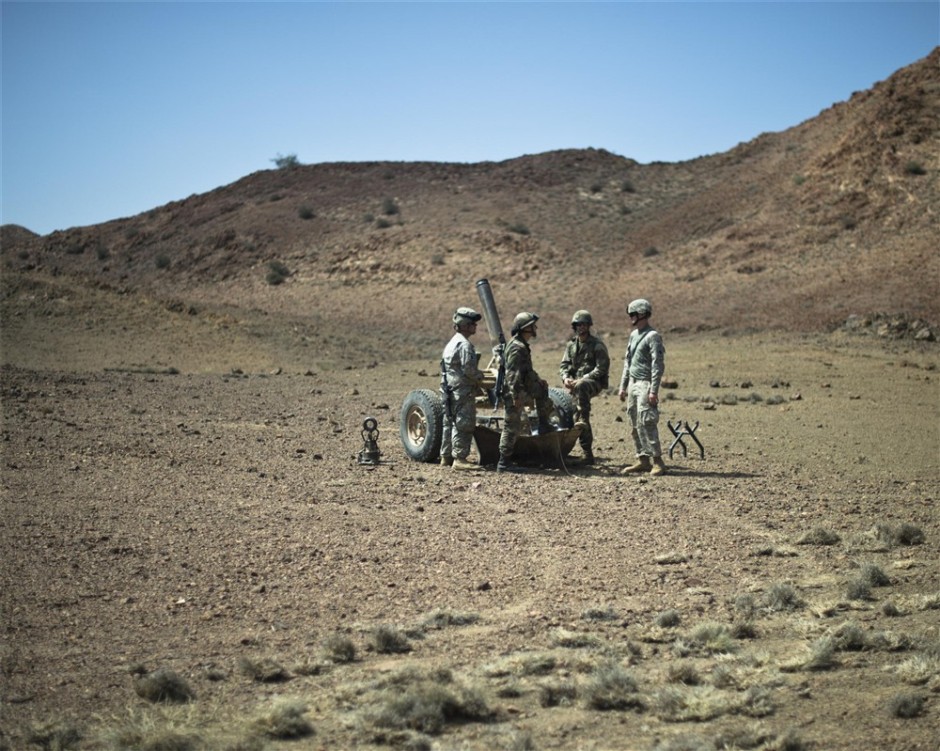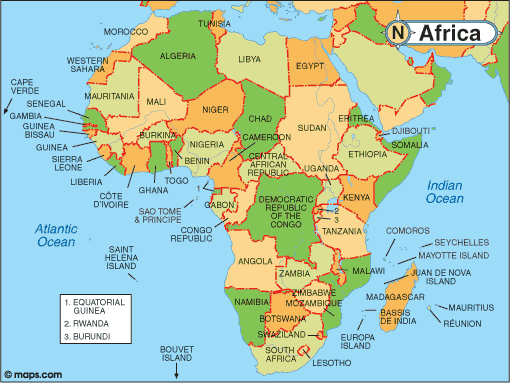Across a wide swath of Maghreb North Africa and the Sahel countries, the United States has assumed an old European role: combating Islamist jihadists.
The situation has become worse since the overthrow of Libya’s brutal dictator Moammar Gadhafi in 2011. Many of his former mercenaries, along with their large stockpile of weapons, are now active in this vast region, especially in Chad, Mali, Mauritania and Niger.
Al-Qaeda in the Islamic Maghreb (AQIM), founded in Algeria in 1998, and the Movement for Unity and Jihad in West Africa (MUJAO), a splinter group formed in 2011, took control over a large part of Mali in early 2012. They captured Mali’s three largest northern cities, Kidal, Gao and Timbuktu, imposing draconian versions of sharia law. They also damaged or destroyed a number of historical sites on the grounds that they were idolatrous, particularly in Timbuktu.
In January 2013, the old colonial power, France, began operations against the Islamists, aided by African Union troops. The Islamists were pushed into the barren northern deserts, but they still remain a danger.
In February of this year France and Germany announced that they will send a joint military brigade of 4,800 soldiers to Mali, its first deployment to Africa, under the aegis of the European Union. The EU had already launched a mission to trained Malian forces.
Muslim-Christian tensions have played some sort of role in all four of Chad’s decades-long civil wars, and the neighboring Central African Republic has also experienced horrific violence, after the mostly Muslim Séléka rebel group seized power in March 2013 in the majority Christian state. They were dislodged by 1,600 French soldiers along with a 6,000-man African Union force, but the violence has continued.
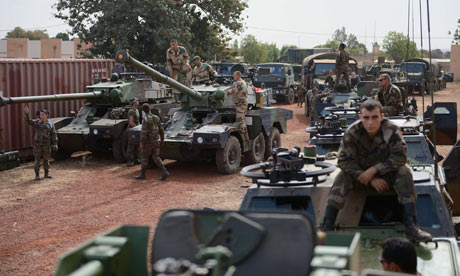
In west Africa, Côte d’Ivoire has been destabilized due to a protracted Christian-Muslim civil war, and of course the fundamentalists in Boko Haram are wreaking havoc in the Muslim-populated north of Nigeria.
As far east as Kenya and Tanzania, Islamic extremists are fighting for more autonomy, and the Somali-based al-Shabaab has mounted attacks in the former country, including an assault on the Westgate shopping mall in Nairobi in September 2013.
Former colonial power France has done most of the heavy lifting in these mostly French former colonies, but the United States has now also become a major presence.
After the 9/11 attacks on New York and Washington, the United States began to grow its military footprint on the African continent.
In 2003, the Pan-Sahel Initiative was developed to enhance security in Chad, Mali, Mauritania, and Niger. Two years later, Washington announced the creation of the Trans-Sahara Counter-Terrorism Initiative/Partnership to prevent terrorists from establishing a foothold in Africa. It eventually involved 10 countries in the Sahel and Maghreb: Algeria, Burkina Faso, Chad, Mauritania, Mali, Morocco, Niger, Nigeria, Senegal, and Tunisia.
Its first project, Exercise Flintlock 2005, involved U.S. Special Operations forces training 3,000 soldiers in seven Saharan and sub-Saharan countries.
In 2007, the Pentagon established its Africa Command because, it asserted, Al-Qaeda in the Islamic Maghreb, Al-Shabaab in Somalia, and Boko Haram in Nigeria were increasingly trying to coordinate and synchronize their operations on the African continent.
Today, the Pentagon is spending nearly $70 million on training, intelligence-gathering equipment and other support to build a counter-terrorism battalion in Niger and a similar unit in nearby Mauritania.
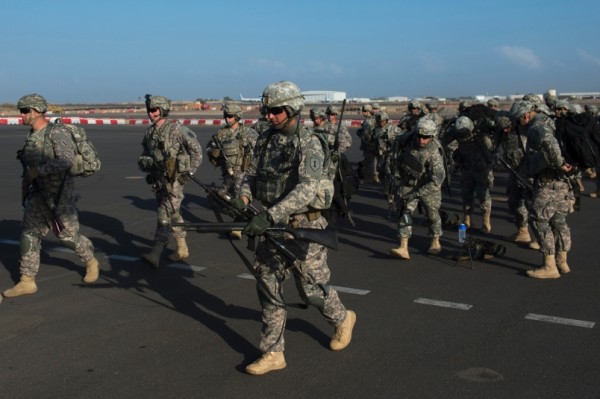
The U.S already launches unarmed surveillance drones from Niger to fly over Mali in support of French and United Nations troops. Washington also operates a base in the small Red Sea country of Djibouti, adjoining Eritrea, Ethiopia and Somaliland.
Camp Lemonnier, with about 4,000 troops, is used to launch counter-terrorism missions, including drone strikes, in Yemen and the Horn of Africa.
When the European powers divided Africa among themselves in the late 19th century, opposition typically came from Muslim peoples.
In the Sudan, a fiercely fundamentalist state was established in 1885 when Muhammad Ahmad, who called himself the Mahdi (the Redeemer), defeated a British army at Khartoum. It lasted until 1898.
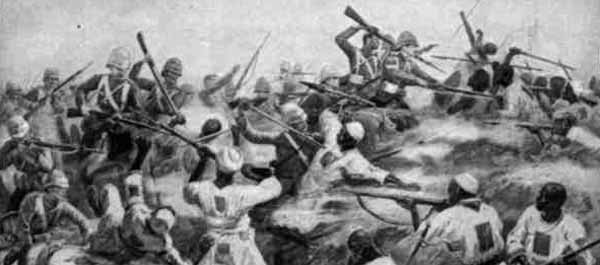
Further west, in what is now Chad, one of the Mahdi’s disciples, Rabin ibn Fadl Allah, led the resistance against the French. On his death, his son followed in his footsteps and fought the French for 15 more years until he died in 1901.
In what are now parts of Mali and Burkina Faso, an Islamic theocratic state, the Tukulor Empire, flourished in the 19th century and successfully held off French military incursions until its defeat in 1893.
A far more successful and formidable enemy of the French was Samori Ture, the founder of the Wassoulou Empire, an Islamic state that resisted French colonial rule in West Africa from 1882 until 1898.
There is nothing new in the Sahel region when it comes to jihadi insurgencies against non-Muslims, as the European knew and the Americans are now learning.
Henry Srebrnik is a professor of political science at the University of Prince Edward Island.

